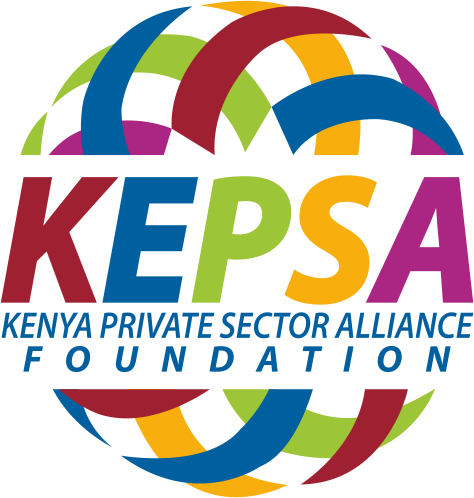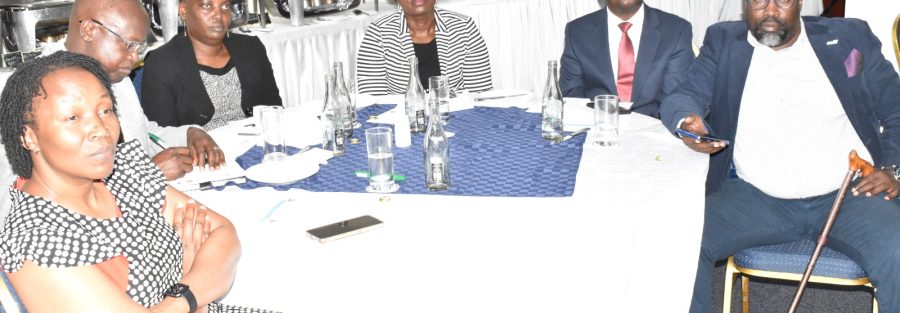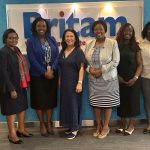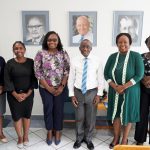On 15th October 2024, KEPSA Foundation participated in the CEO’s breakfast consultative meeting organized by the National Council for Persons with Disabilities (NCPWD) at Jacaranda Hotel. This was a preparatory meeting for the 20 years anniversary celebrations of diversity and disability inclusion in Kenya. The celebrations are scheduled for 20th to 28th November 2024 at the National Level with a target of 600 participants at Kenya Institute of Curriculum Development (KICD). In attendance were different representatives from public, Private, and other non-state actors.
The meeting also aimed at reviewing progress made while appreciating the opportunities and bottlenecks on diversity and disability inclusion since the establishment of the NCPWD in 2004.
In his opening remarks, NCPWD Executive Director, Dr. Harun M. Hassan, highlighted the origin of the council while championing the advocacy work towards attitudinal change in the community which is among the barriers faced in the inclusion of persons with disabilities in Kenya. The mandate of the council is to promote a society where persons with disability are given equal chances in every facet of livelihood as a Kenyan citizen. Be it jobs, income share or human rights, the council aims to level the playing field.
Director State Department for Social Services and Development Mr. Mugaka, acknowledged the recognition of autism as one of the disability spectrums by the National Council. He also informed members on the progress of the National Disability Bill 2024 one of their key priorities that is set for its implementation which was currently under the National Parliament. Other Speakers at the event highlighted several key achievements, including the alignment of various policies with the constitution and the Convention on the Rights of Persons with Disabilities, income tax exemptions for persons with disabilities, and improved accessibility of the NCPWD registration system, among others.
KEPSA Foundation remains committed towards advancing the diversity and inclusion of persons with disability within the private sector. This is through development of a private sector disability toolkit, raising awareness about the employability and inclusion of individuals with disabilities, and advocating for the creation of enabling work environments. This includes providing assistive devices and infrastructure, fostering a workplace culture that supports persons with disabilities, and promoting policies that enhance their inclusion.





